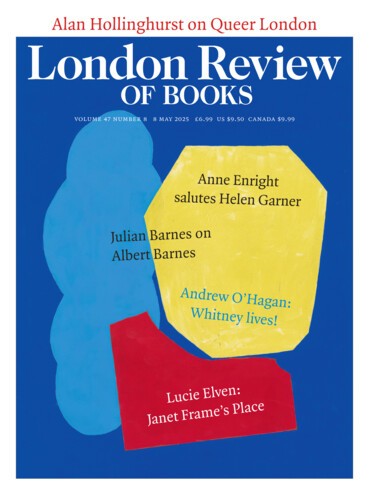How They Built the Pyramids
Robert Cioffi
Wadi el-Jarf lies two hundred kilometres south-east of Cairo on a pristine stretch of the Red Sea coast. It dates from the time of the pharaoh Sneferu, the father of Khufu, builder of the Great Pyramid of Giza, who used it as a staging post for expeditions to the Sinai Peninsula in search of turquoise and copper ore. For the past 4500 years, it has lain dormant. To the untrained eye, the...


